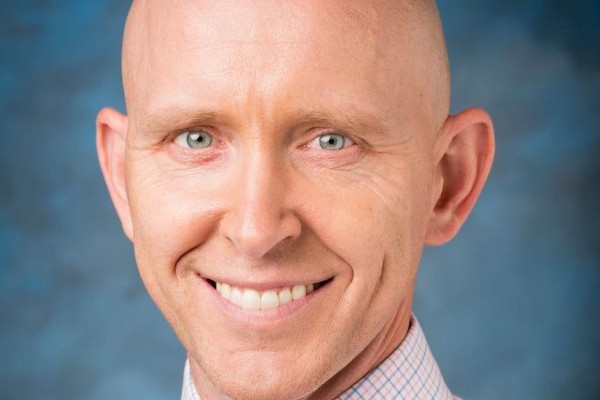Olin hosts sports business summit
The world of collegiate and professional sports combines some of the most important facets of business, including financing, marketing and media. On Friday, Sept. 25, Washington University in St. Louis will take attendees off the sideline and into the action with a panel of top local and national sports executives for the inaugural Olin Sports Business Summit. Patrick Rishe, director of the Sports Business Program, is helping to organize the panel.
Coalition of the determined
Five founding institutions teamed with the city of St. Louis to create the Cortex Innovation Community in midtown St. Louis. The innovative life sciences and technology hub is leading the way toward a renewed economy.
WashU Expert: NLRB decision reflects evolving labor market
Contract employees and other temporary workers will be able to bargain more effectively with the business entity that controls their working conditions and wages after an Aug. 27 decision by the National Labor Relations Board. The ruling signals a shift toward a more realistic and fact-dependant analysis of the evolving nature of employment in the modern labor market, said noted Washington University in St. Louis labor law expert Marion Crain.
Finance summer school at Olin attracts best, brightest
Olin Business School at Washington University in St. Louis is hosting seven of the nation’s top finance scholars for an intensive, four-day program geared for doctoral business students and university faculty. More than 130 participants from across the nation and around the world will gather on the Danforth Campus Aug. 12-15 for a program called “Summer School: Financial Intermediation and Contracting,” a chance to learn from some of the brightest and best-regarded minds in the field.
Municipal court reform a year after Ferguson
Following the death of Michael Brown a year ago this August, one of the key issues to emerge was a critical examination of the municipal court system in the individual communities that make up St. Louis County. Many of the courts were accused of not working primarily for justice, but as a way to raise funds for municipalities. Three faculty members from the School of Law, all of whom are involved in court reform efforts, express their thoughts on the reform process.
White House calls on business schools to expand initiatives for women
On Aug. 5, Mahendra R. Gupta, PhD, dean and the Geraldine J. and Robert L. Virgil Professor of Accounting and Management at Olin Business School at Washington University in St. Louis, attended a convening at the White House hosted by the White House Council on Women and Girls and the Council of Economic Advisers. Mark Brostoff, associate dean and director of Olin’s Weston Career Center, also attended.
WashU Expert: DOJ report on St. Louis County Family Court raises new concerns about discrimination
The U.S. Department of Justice released July 31 a report critical of the St. Louis County Family Court, alleging racial bias and unfair treatment of black youth, among other accusations. Mae Quinn, JD, professor of law and director of the Juvenile Law and Justice Clinic at Washington University in St. Louis, is hopeful the report will lead to some measure of change and reform.
WashU Expert: What ‘World of Warcraft’ teaches us about motivation
“World of Warcraft” might not seem like typical research material. But Yulia Nevskaya, PhD, assistant professor of marketing at Olin Business School at Washington University in St. Louis found it the perfect research platform. She has helped lead a study of gamers’ behavior and what’s behind their motivation.
WashU Expert: Should attorney whistleblowers be financially rewarded?
When lawyers blow the whistle on clients, should they be financially rewarded by the government? Kathleen Clark, JD, professor of law at Washington University in St. Louis, tackles this issue in a forthcoming article in the Boston College Law Review.
WashU Experts: Supreme Court same-sex marriage decision justified
A decision by the U.S. Supreme Court that the Constitution guarantees a right to same-sex marriage is justified, say two constitutional law experts at Washington University in St. Louis.
Older Stories


